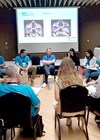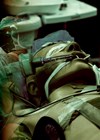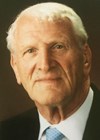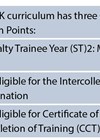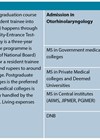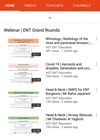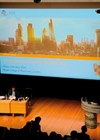Trainee Matters
Heard it all? Why leadership takes ENT training beyond the scalpel
Leadership in ENT training shapes registrars into team leaders in wards and theatres. It’s not just a CV point; it’s essential for effective patient care and team management. Leadership is a term that is present throughout ENT training. Even before...
CEORL-HNS Academy
The CEORL-HNS Academy exists to improve and update knowledge and skills among ORL-HNS residents and young specialists, aiding in their preparation for national and international exams. Exam preparation is sweeter if it can be done in the beautiful surroundings of...
The experience of being a new ENT SHO
In this article, Matt Donachie shares insights on the daunting yet enjoyable experience of starting as an ENT junior doctor, offering valuable advice. Starting your first job as a junior doctor in any specialty in the UK can be a...
Meeting myself coming back
Sometimes, it can seem like trainers and trainees are separate entities, inhabiting separate worlds, in two separate spheres of experience. However, trainees become trainers, and there is always a period where the trainer has only just stopped being the trainee....
National selection: is the research section of the portfolio fit for purpose?
Applications for ENT training roles in every country require certain criteria to be met. In the UK, ST3 recruitment applications have scores allocated to research experience. In this opinion piece, the authors share their assessment of the potential issues around...
Could OtoRecall transform ENT learning?
Training continues to change and evolve in the face of changing working practices and, of course, the impact of unprecedented events like the pandemic. The basics remain important for safe practice as training and work continue to evolve; innovative tools...
In conversation with Dr Eugene Myers: Education, training, and leadership in the modern era
It is an honour to hear from Dr Eugene Myers, who shares his experience with us, and his opinions and advice on the current circumstances for training and trainees. His energy, vitality and work ethic in his late 80s are...
New curricula: trainees’ and trainers’ thoughts
After the disruption to training and clinical practice from COVID, it is interesting and perhaps encouraging that plans are in place to support ENT training in both mainland Europe and the UK with new formal curricula. We hear trainees’ and...
The costs of applying to ENT specialty training
Training doctors is costly. In the UK, medical school costs an estimated £230,000 made up of £163,000 in government grants and £65,000 in student loans [1]. Repayment of the student loan begins once the graduate earns above a certain threshold,...
COVID-19 and ENT training: experiences from around the world
Here, ENT trainees share their experiences of adaptations to both clinical practice and training during the COVID-19 pandemic. We welcome other colleagues from around the world to share their experiences with us via social media or the website. Australia Olivia...
The European Board Exam in Otorhinolaryngology-Head and Neck Surgery (EBEORL-HNS) and the benefits it will have on your career
Ulrik Pedersen, Chairman European Board Examination in Otorhinolaryngology-Head and Neck Surgery, and Shawkat Alaa Shawkat Abdulrahman, Rhinology Consultant Tallaght Teaching Hospital, Dublin, outline the history and format of the EBEORL–HNS and demonstrate the huge benefits gained from the qualification with...
Trainee-led collaborative research and audit in ENT: where are we now?
In late 2015 INTEGRATE, the UK ENT Trainee Research Network, was formed. Since then, two national projects have been completed and INTEGRATE has grown into a larger, more structured organisation, with otology, head and neck and rhinology subcommittees working alongside...



